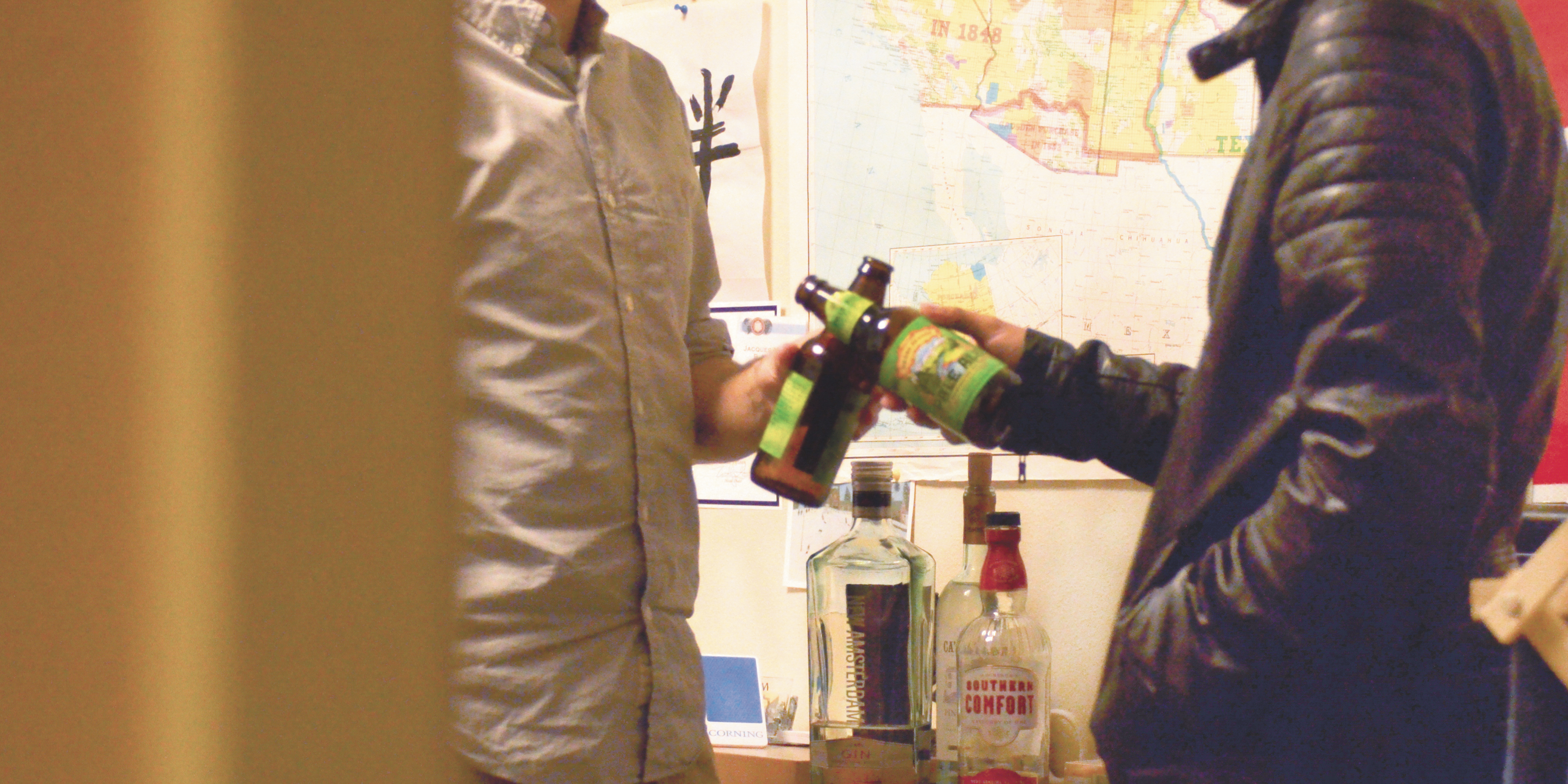An expanded addiction recovery program and greater substance use education are among several measures Stanford is taking this fall to promote student safety and well-being, University administrators announced in a Friday email.
“We know the plethora of research on college students shows students are considerably at risk for binge drinking, hangovers, alcohol poisoning, accidents and violence,” said Stanford associate dean of students Ralph Castro. “And at Stanford, we’re not immune to that. We see these things happen.”
Rather than focusing on strict disciplinary measures, the University hopes to curb substance abuse through educational intervention, dean of students Mona Hicks said.
The Stanford Collegiate Recovery Program will provide students combatting addiction a safe space to connect with peers. The program was initially launched in 2019 and is ongoing virtually. At its peak, over 20 members showed up to its weekly Zoom meetings, Castro said. It will be revitalized this fall as undergraduates return to campus.
The University’s Office of Substance Use Programs, Education and Resources also recently hired 25 students to serve as outreach educators for a new Prevent, Educate, Empower and Refer program. These students will lead workshops and spread awareness about substance use and sexual citizenship.
In May, Stanford revised its alcohol and drug policy, adding a section on drug use and expanding its “good samaritan” policy. The policy allows students to seek medical help for themselves or others after substance use without facing disciplinary action.
Students who do overconsume alcohol and seek medical help will go through an online check-up and educational program, Hicks said. And if a student does not seek assistance for a peer in need, they could face disciplinary actions.
“We’re strategizing with the intention to really provide a culture of care for our students, particularly around substance use,” Hicks said.
Two new counselors who specialize in substance use education and addiction will also be hired as part of Stanford’s Counseling and Psychological Services.
The revised alcohol and drug policy and the University’s recent steps toward substance use education stem from a report put together by the Alcohol Solutions Group formed by provost Persis Drell in 2019.
